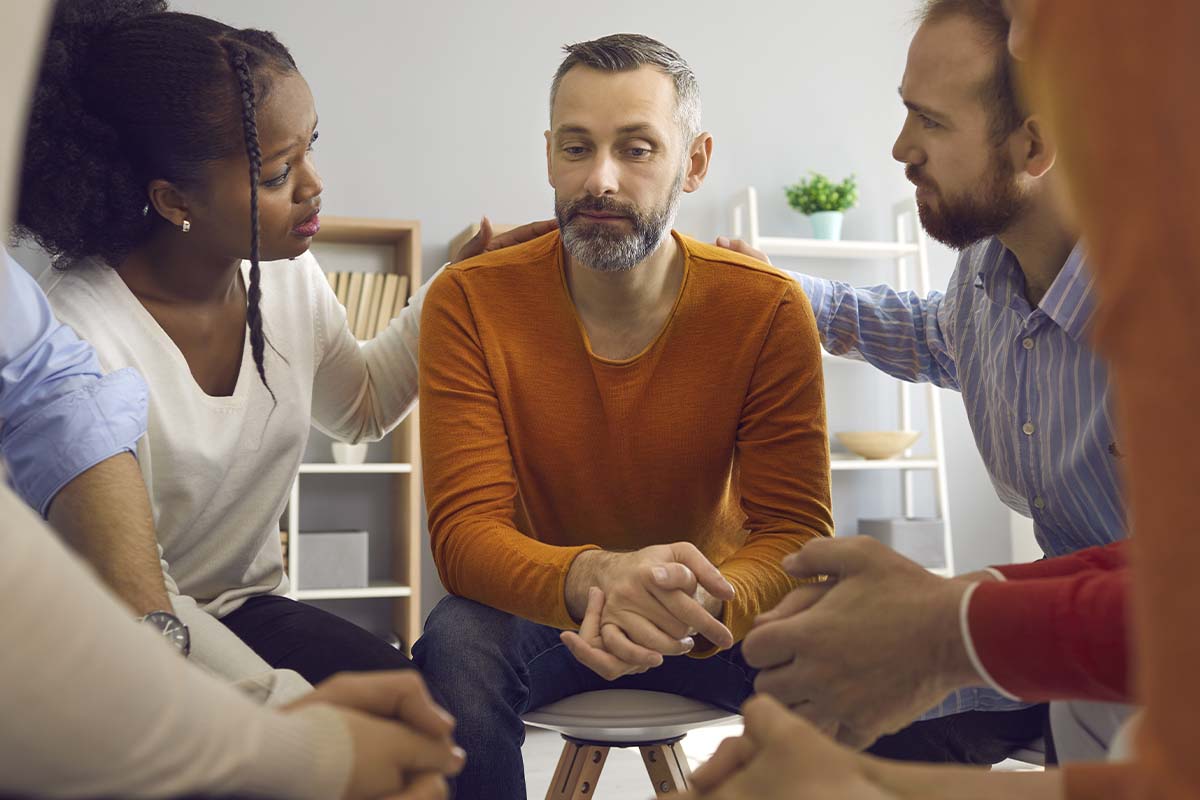Sobriety can introduce a wave of new emotions that someone might not have been aware of or felt in their entirety during their active addiction. Feeling emotions like guilt and loneliness in their full force while being sober can often be uncomfortable and frustrating.
So, let’s break these down.
GUILT
A lot of people, in active recovery, will start to think about and ruminate on the decisions they made and the things they did during their active addiction. Often, the decisions that some have made in active addiction are usually not their smartest, safest, or proudest moments to reflect on. Therefore, one of the first emotions to pop up in sobriety is usually guilt. Whether your guilt stems from a specific incident or a continued pattern of behavior, feeling guilty is often a natural emotion that plays into recovery – especially early on. Recognizing that mostly all your choices in active recovery was not who you are as a person, is step one. Making amends with those that you have done wrong is often another step in the right direction. More importantly, choosing who you want to make amends with is critical too. The company you keep in sobriety should be the ones that want to see you succeed, even if it’s a small number of people. While some friends or family members may choose not to forgive you, know that that is their choice – not yours, and you can’t control others’ reactions, all you can do is acknowledge your wrongdoings and attempt to make amends if you feel comfortable enough doing so. Those that truly love you will be happy to see you well, and most likely forgive you and welcome you back into their lives. There will always be those that might not forgive you, and that is truly on them.
LONELINESS
It’s no secret that active addiction can make someone feel totally alone and isolated. Feeling lonely during recovery is common. While you were using drugs or alcohol, your friend group was most likely made up of people who did the same. However, when you start an addiction recovery program or decide to stop using drugs or alcohol, you may find that the people you used to spend time with are no longer conducive to your recovery journey. Plus, it can also hinder recovery. One of the first things that is recommended in recovery is cutting ties with old friends or people who might trigger you to use. This is easier said than done, and therefore much harder to accomplish. A major key to consistent recovery is the opposite of loneliness and isolation, which is connection and support. That is why group therapy is encouraged in recovery and more importantly, engaging in said group therapy. Staying connected with those around you who are sober as well, who have been through your journey, is essential.
Our goal at BrightView is to provide drug abuse treatment options that will help someone achieve long-term recovery. In addition to addiction medicine, our participants’ treatment plans focus on their overall mental health. BrightView incorporates both individual and group therapy in our treatment services so that patients can address the challenges that come along with the disease of addiction. If you or someone you love is struggling with substance abuse, we encourage you to contact us today. Our friendly and caring recovery center staff answer the phones 24 hours a day. Connect with us at 888-501-9865 or reach out online to learn more.
